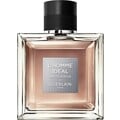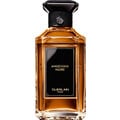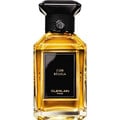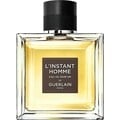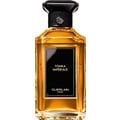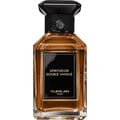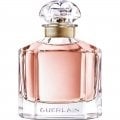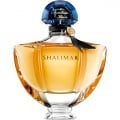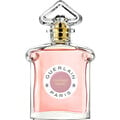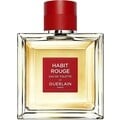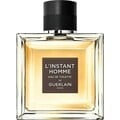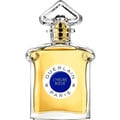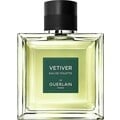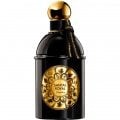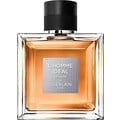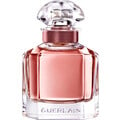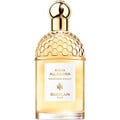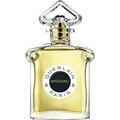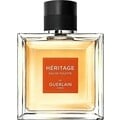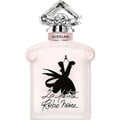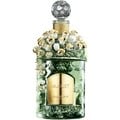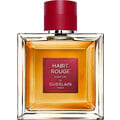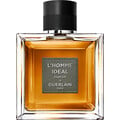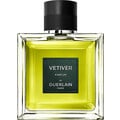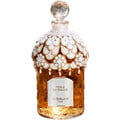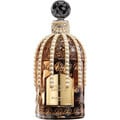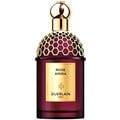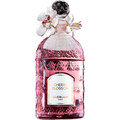03/24/2020

DerDefcon
124 Reviews
Translated
Show original

DerDefcon
Top Review
52
Decoupled from the here and now.
"Bois d'Arménie" is the third fragrance in Guerlain's sinfully expensive, but very stylishly crafted series of exclusive scents, which I have already had the pleasure of testing. "Angélique Noire" knows how to convince with a bitter, slightly green touch of vanilla. "Néroli Outrenoir" impresses with a splendidly implemented scent of smoky orange tea, which is especially pleasing on warmer days.
Both fragrances are perfectly matched, were also popular with more sensitive noses in my environment and are somehow worth their money, considering that perfume is a luxury article.
But the house or the perfumer's greatest success within this exclusive fragrance series was "Bois d'Arménie". This is a divinely attuned conglomerate of fragrances, which already give me pleasure just by reading the scent pyramid. That's how I saw guaiac wood, which already in "Layton Exclusif" caused enthusiasm in me with its sweet and smoky appearance. Benzoe, which has a brilliant appearance in Kurkdjian's "Grand Soir", is also present. And of course we don't want to forget the iris - the clean man's note so often used by Prada, converted to perfection.
But if the iris in Prada's bestsellers is often a little cosmetic and too scratchy for some people, in "Bois d'Arménie" it is merely bright and clean - similar to a light veil that knows how to cover everything, nothing scratches or bites. If the benzoin in "Grand Soir" is thick, sticky and resinous-sweet, so that it can only be worn by me at zero degrees Celsius or less, then in "Bois d'Arménie" it is less sweet and in no way sticky. And when the guaiac wood steps into Marly's blue, more exclusive litter... Uh... Bottle with its sweet and smoky woodiness - not dissimilar to benzoin, by the way - "Bois d'Arménie" is simply gentler, less sweet, but with more spice, which is carried by benzoin in a grandiose way. All this is incredibly cuddly, smooth and above all warming. But before all the warmth caused by benzoin and guaiac wood goes to your head, the light and clean iris squeezes in like an arrow, enveloping the other scents just mentioned. The final result is a warm, spicy, minimally sweet powdery smoke that is dark and sensual like wintertime, but at the same time iris-typically bright like the spring sun, caressing the nose. And it is precisely this dichotomy that makes the creation so incredibly interesting, so different, but at the same time so wearable. It never gets too sweet, never too smoky, never too oppressive and so this composition can be worn without any problems even outside the cold and cloudy seasons. The morning round of dogs at fresh five degrees and sunshine was a very special experience today. This warm end made me actually forget all the stress around study and side job. I certainly don't need to explain what causes this stress at the moment. However, it should be noted in conclusion - and this also explains the maximum score - that not many fragrances manage to decouple me from reality for a short time. This one - "Bois d'Arménie" - has done it.
Both fragrances are perfectly matched, were also popular with more sensitive noses in my environment and are somehow worth their money, considering that perfume is a luxury article.
But the house or the perfumer's greatest success within this exclusive fragrance series was "Bois d'Arménie". This is a divinely attuned conglomerate of fragrances, which already give me pleasure just by reading the scent pyramid. That's how I saw guaiac wood, which already in "Layton Exclusif" caused enthusiasm in me with its sweet and smoky appearance. Benzoe, which has a brilliant appearance in Kurkdjian's "Grand Soir", is also present. And of course we don't want to forget the iris - the clean man's note so often used by Prada, converted to perfection.
But if the iris in Prada's bestsellers is often a little cosmetic and too scratchy for some people, in "Bois d'Arménie" it is merely bright and clean - similar to a light veil that knows how to cover everything, nothing scratches or bites. If the benzoin in "Grand Soir" is thick, sticky and resinous-sweet, so that it can only be worn by me at zero degrees Celsius or less, then in "Bois d'Arménie" it is less sweet and in no way sticky. And when the guaiac wood steps into Marly's blue, more exclusive litter... Uh... Bottle with its sweet and smoky woodiness - not dissimilar to benzoin, by the way - "Bois d'Arménie" is simply gentler, less sweet, but with more spice, which is carried by benzoin in a grandiose way. All this is incredibly cuddly, smooth and above all warming. But before all the warmth caused by benzoin and guaiac wood goes to your head, the light and clean iris squeezes in like an arrow, enveloping the other scents just mentioned. The final result is a warm, spicy, minimally sweet powdery smoke that is dark and sensual like wintertime, but at the same time iris-typically bright like the spring sun, caressing the nose. And it is precisely this dichotomy that makes the creation so incredibly interesting, so different, but at the same time so wearable. It never gets too sweet, never too smoky, never too oppressive and so this composition can be worn without any problems even outside the cold and cloudy seasons. The morning round of dogs at fresh five degrees and sunshine was a very special experience today. This warm end made me actually forget all the stress around study and side job. I certainly don't need to explain what causes this stress at the moment. However, it should be noted in conclusion - and this also explains the maximum score - that not many fragrances manage to decouple me from reality for a short time. This one - "Bois d'Arménie" - has done it.
10 Comments

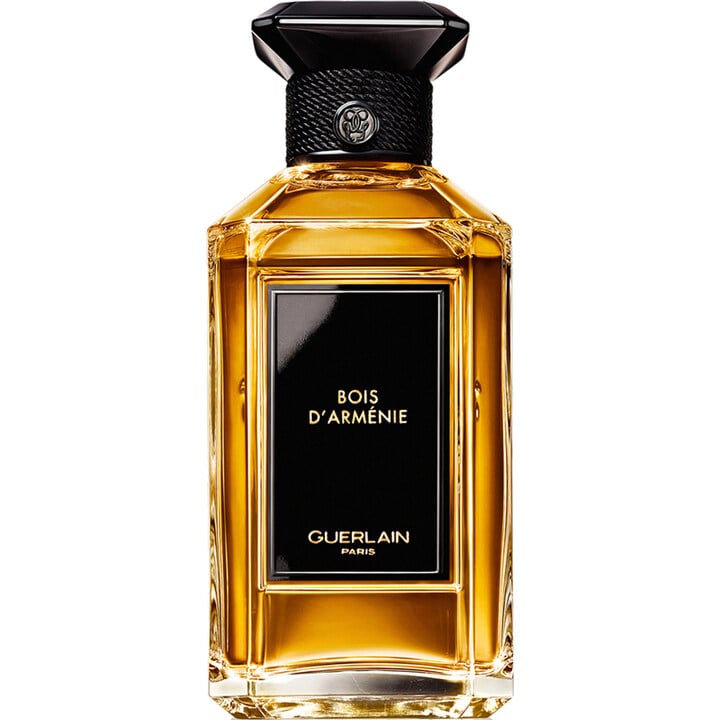


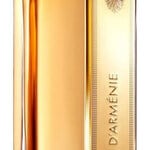

 Top Notes
Top Notes 


 Heart Notes
Heart Notes 


 Base Notes
Base Notes 










 Estbienla
Estbienla Hajuvana
Hajuvana Apicius
Apicius
